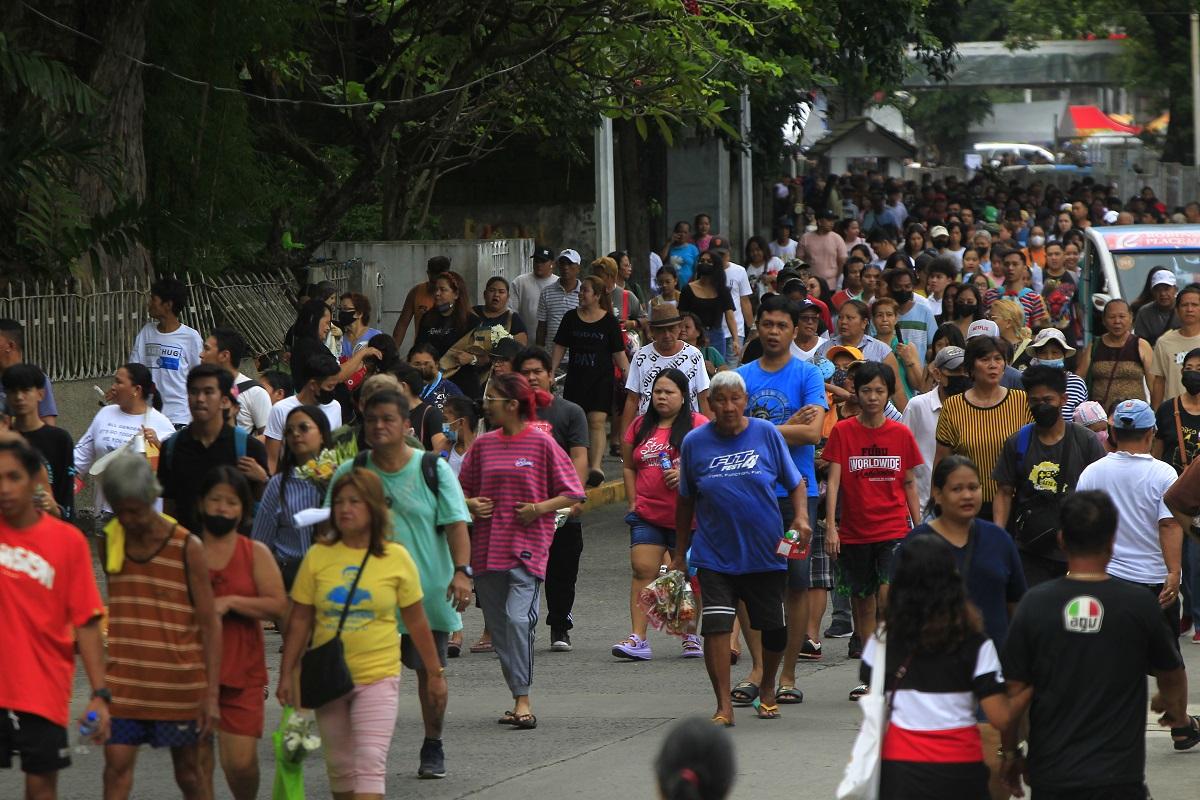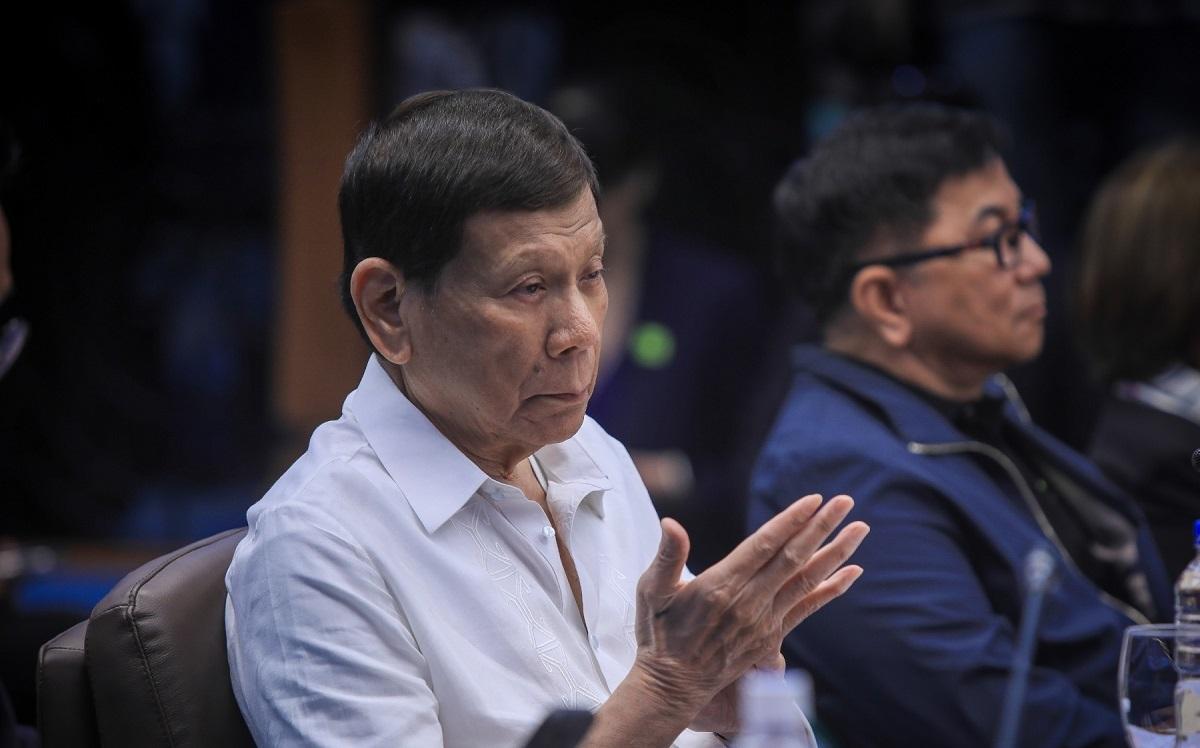
Student boycotts intensify as medical schools begin granting leave Published: 31 Oct. 2024, 17:14 LEE SOO-JUNG lee.soojung1@joongang.
co.kr Medical gowns are laid on students' desks at a lecture hall in a medical school's building in Daegu on Wednesday. [YONHAP] Medical schools nationwide are approving or preparing to approve students’ leave requests after the Education Ministry gave them the freedom to do so earlier this week.
The mass leave requests come as students have begun boycotting classes over the increase to the medical school admissions quota. According to the education community on Wednesday, Korea University and Yonsei University recently processed their medical students’ requests. The universities follow Seoul National University, which approved its students' leave requests in early October.
“After the Ministry of Education revoked its rule to conditionally approve medical students’ academic leave requests on Tuesday, the school immediately approved the requests from some 550 students,” an official from Korea University said. The official noted that none of its students stated that the reason for their leave was part of a collective action, which could have become grounds for refusing the requests. Other medical schools in the greater Seoul area, including Gachon University, Kyung Hee University, Sungkyunkwan University, Hanyang University and Ewha Womans University, are reportedly discussing a date to process the leave requests from their students.
Nine national and regional medical schools are planning to approve leave requests after trying to persuade their students to return to the classroom. “Medical professors are asking their students about their intention to return,” the president of one national university said. The president added that the school will focus on bringing students back with the idea that it will continue educating even if only one student comes back.
The president said it will keep trying to persuade the university's students until early November. A dean of academic affairs from another national university said that "additional internal discussion is necessary,” as the approvals could cause complications in settling tuition fees and issues of fairness in treating students majoring in other subjects. Two people walk by a plaque of medical college in downtown Seoul on Wednesday.
[YONHAP] The approvals cannot be an ultimate remedy to solve problems triggered by medical students’ classroom boycotts, the medical community said. “If medical students return to their campuses in next year’s spring semester, educational quality could be undermined,” a medical professor from a national university said. The remark seemingly relates to a situation where professors should handle classes two to three times larger than in previous years.
The medical school at Jeonbuk National University is expected to teach 313 first-year students next year — a combination of 171 students in the incoming class for the 2025 academic year and 142 students who have boycotted their first-year education this year. “Medical schools, which added a considerable number of student seats, are likely to experience faculty and facility shortages,” the dean of a medical school in a provincial region said. Also, the National Assembly Budget Office published a report saying that “hiring medical professors at provincial public medical schools would be challenging, as medical personnel prefer to work in the greater Seoul area.
” The government said such concerns could be addressed by “shortening the educational period and building extra spaces for education.” Shim Min-cheol, an official from the Education Ministry, said, “Universities will design a proper curriculum in consideration of their resources and capacity.” Bringing medical students back to their campuses is a remaining issue.
While the government anticipates that the students will return to campuses in March, most universities do not allow their students to go on leave for three consecutive semesters, as per their academic codes. However, medical professors say the classroom void could continue even into next year. Also, some speculate that it could be hard to prevent a senior student boycott, which would affect the doctors’ license tests this year.
“How can students who did not take any course or training this year take the state doctors’ license exam?” another medical professor said. “The most critical problem is that the country may not produce any doctors or junior doctors this year.” BY SEO JI-WON, CHOI MIN-JI, LEE SOO-JUNG, [lee.
[email protected]] var admarutag = admarutag || {} admarutag.
cmd = admarutag.cmd || [] admarutag.cmd.
push(function () { admarutag.pageview('3bf9fc17-6e70-4776-9d65-ca3bb0c17cb7'); });.










